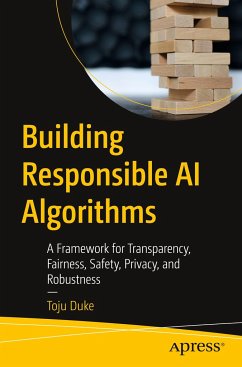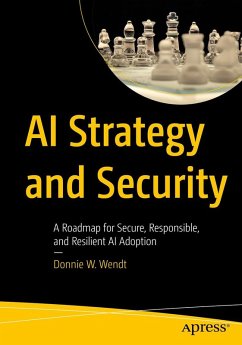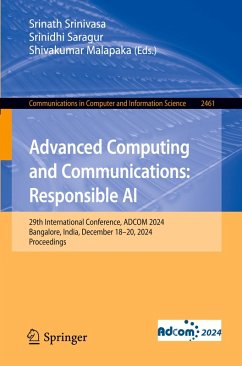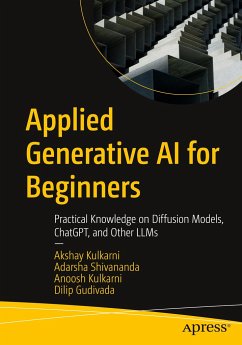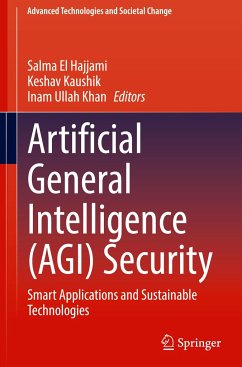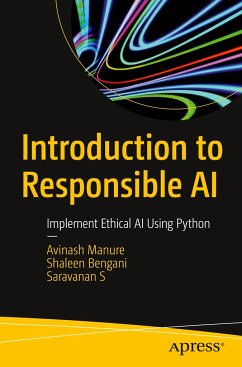
Introduction to Responsible AI
Implement Ethical AI Using Python

PAYBACK Punkte
17 °P sammeln!
Learn and implement responsible AI models using Python. This book will teach you how to balance ethical challenges with opportunities in artificial intelligence. The book starts with an introduction to the fundamentals of AI, with special emphasis given to the key principles of responsible AI. The authors then walk you through the critical issues of detecting and mitigating bias, making AI decisions understandable, preserving privacy, ensuring security, and designing robust models. Along the way, yoüll gain an overview of tools, techniques, and code examples to implement the key principles yo...
Learn and implement responsible AI models using Python. This book will teach you how to balance ethical challenges with opportunities in artificial intelligence. The book starts with an introduction to the fundamentals of AI, with special emphasis given to the key principles of responsible AI. The authors then walk you through the critical issues of detecting and mitigating bias, making AI decisions understandable, preserving privacy, ensuring security, and designing robust models. Along the way, yoüll gain an overview of tools, techniques, and code examples to implement the key principles you learn in real-world scenarios. The book concludes with a chapter devoted to fostering a deeper understanding of responsible AI¿s profound implications for the future. Each chapter offers a hands-on approach, enriched with practical insights and code snippets, enabling you to translate ethical considerations into actionable solutions. What You Will Learn Understand the principles of responsible AI and their importance in today's digital world Master techniques to detect and mitigate bias in AI Explore methods and tools for achieving transparency and explainability Discover best practices for privacy preservation and security in AI Gain insights into designing robust and reliable AI models Who This Book Is For AI practitioners, data scientists, machine learning engineers, researchers, policymakers, and students interested in the ethical aspects of AI



